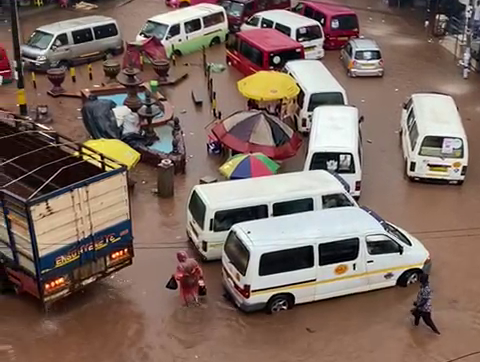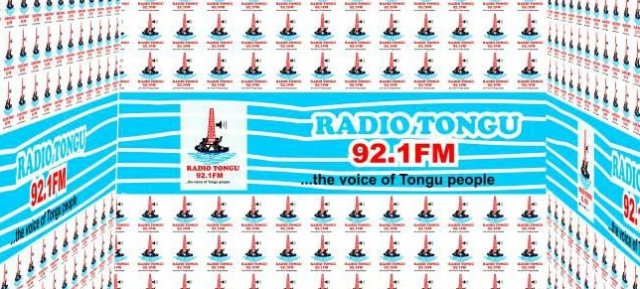World Bank allocates US$150 million to Ghana for enhancing flood control in Odaw Basin

The loan will be utilized to support the Greater Accra Resilient and Integrated Development (GARID) Project, which aims at enhancing flood risk management and solid waste disposal systems for over 2.5 million individuals residing in the Odaw River Basin.
Pierre Laporte, the World Bank’s country director for Ghana, Liberia, and Sierra Leone, expressed the bank’s satisfaction in assisting Ghana during these challenging macroeconomic times and its commitment to contributing to a comprehensive approach to flood management through this supplementary financing for GARID.
Laporte further emphasized that this initiative is crucial for achieving the World Bank’s twin objectives of eradicating extreme poverty and promoting shared prosperity, as well as enhancing the resilience of African cities.
“This additional support will bridge the financing gap caused by the activation of the Contingency Emergency Response Component (CERC) in 2020 due to the COVID-19 pandemic, as well as address the compensation needs of approximately 2,800 individuals affected by the project. It will also cover cost overruns resulting from inflation and engineering requirements associated with major infrastructure investments,” Asaaseradio.com quoted Laporte.
Catherine Lynch, the Senior Urban Specialist and Task Team Leader for the GARID project, highlighted the significance of planned flood mitigation infrastructure investments under GARID. These investments will directly reduce flood risks for rapidly urbanizing areas of the Greater Accra Region, safeguarding the lives and livelihoods of more than 138,000 people.
The GARID project, which spans from 2020 to 2025, is an inter-ministerial initiative implemented by the Ministries of Local Government, Decentralization and Rural Development, Works and Housing, and Sanitation and Water Resources.
The project will continue to prioritize investments that enhance resilience against flood risks and enhance solid waste management systems in targeted communities within the Odaw River Basin. It will provide additional resources for implementing structural measures to increase flood mitigation capabilities in the basin area. Additionally, targeted interventions will be carried out in low-lying areas of the basin, focusing on the management of municipal solid waste.
Furthermore, investments supported under the Climate Resilient Drainage and Flood Mitigation Measures component of the GARID project will yield significant benefits in terms of climate change adaptation.
The GARID project was established by the government in collaboration with the World Bank following the devastating flood event of June 3, 2015, which affected 53,000 people and caused extensive damage and losses amounting to an estimated US$55 million, with reconstruction costs reaching US$105 million. Its objective is to address the persistent flooding challenges faced by the capital city.
Source: www.ghanaweb.com





